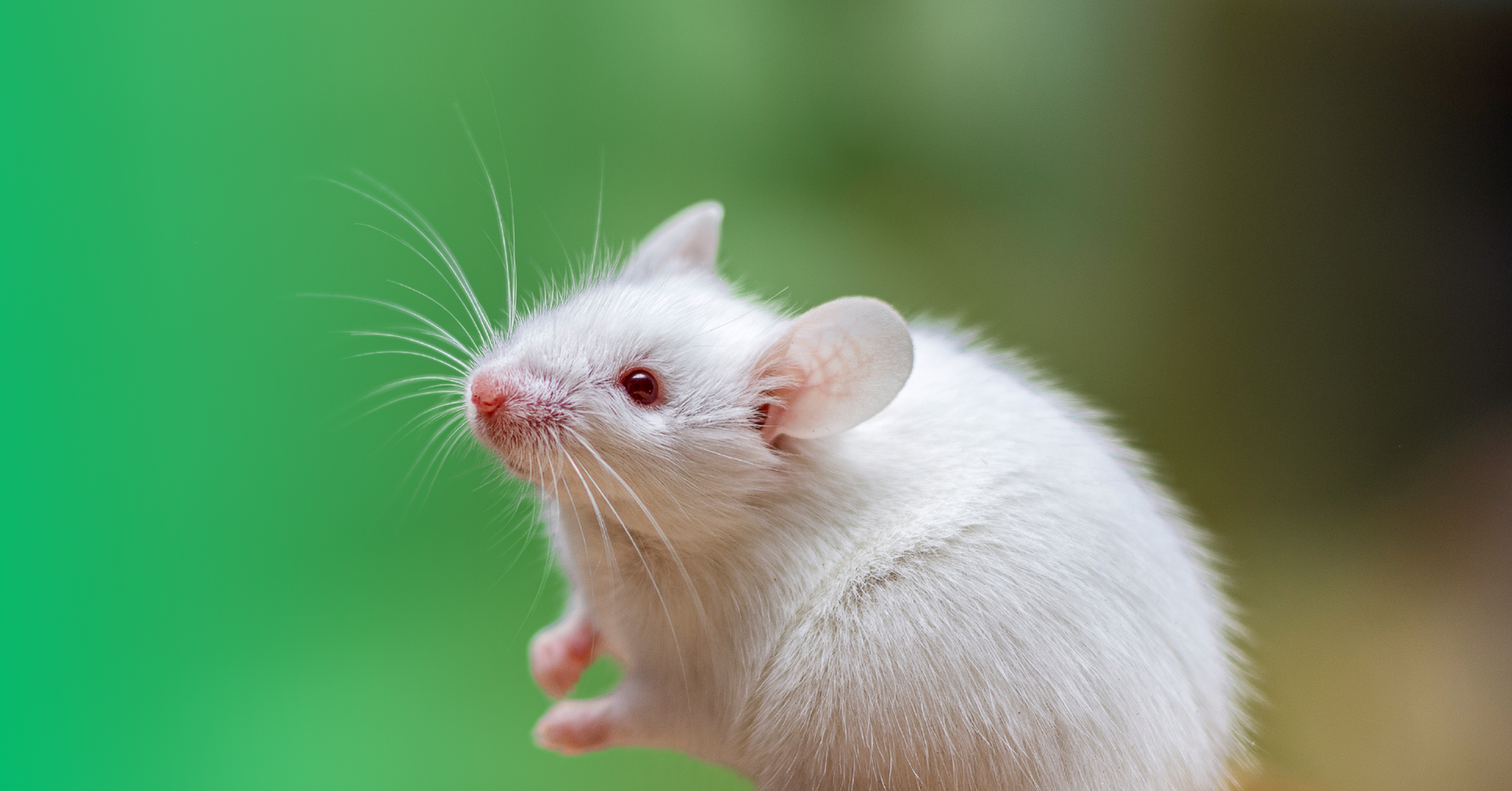
At the end of 2023, former Environmental Protection Agency (EPA) administrator Andrew Wheeler spoke out against animal testing and in favor of “non-animal”, human-relevant methods for determining toxicity. Wheeler lamented that the measures he had put in place for the EPA to phase out animal testing by 2035 – “to spare animals, save tax dollars and protect public health” – had been dismantled since his departure from the EPA in 2021.
Wheeler reiterated two of the most fundamental truths at play in today’s fight to end the exploitation of other-than-human animals in labs:
#1: “[D]espite the many ethical, economic, environmental and human health benefits of moving away from animal testing, the old-fashioned and inefficient practice has become entrenched in the fabric of science, at a cost of billions each year to taxpayers and industry.”
Today, untold numbers of “[c]areers and livelihoods [] depend on using animals in research”, and these include “not just the livelihoods of scientists and those who suppl[y] them with the animals and equipment, but also of those within the pharmaceutical industry, private testing companies, government agencies and corporations that use[] products tested on animals”. Indeed, back in 2019, the animal research industry was already valued at almost $11 billion, and a 2022 report projected a greater than 50% increase in value by 2035.
Of course, self-interest drives those invested in the industry to defend it, even though it fails to serve the interests of those outside of the industry or society at large. This has been observed throughout history (including in 19th century France, when vivisection took hold as a result of “physiologists’ enthusiasm” for the practice, which was “motivated less by a desire to understand diseases” and more by “‘career ambitions and social aspirations’”) and into present day . . . including at the EPA.

Point in fact: it is beyond dispute that the EPA rolled back Wheeler’s plans “amid severe pushback from key Biden political allies….”
#2: Even though scientists know that “animal testing poorly translates to humans” – and that non-animal methods “such as computer models and organs-on-chips are faster and more precise at predicting human outcomes”, in addition to being “less expensive” – they “will continue performing [animal experiments] and funding proposals involving animals because they are familiar….”
This familiarity has been described by other experts, such as economist Dr. Joshua Frank, as a “lock in mechanism” that “operate[s] within animal research”: “in using animals to conduct toxicity tests, a knowledge base develops that makes animal research an easier option for scientists conducting future toxicity tests, even though other methods are available.”
Further, contrary to the common view of scientists as “open-minded, critical thinkers who put their trust in evidence”, “scientists in general tend to be resistant to change”. And, this is especially true for scientists engaged in animal research – indeed, history demonstrates that “for over a century, they have insulated themselves from society at large and even from other scientific disciplines. Closing ranks to protect themselves from protestors and speaking only to other animal researchers who confirm and reinforce their beliefs….”.
The result? Today, the EPA “continue[s] to mandate” animal testing for reasons of “[t]radition” even though it has publicly and formally announced the failure of animal testing to serve human interests.

In 2008, “a US federal research collaboration” was established that sought to “driv[e] the evolution of Toxicology in the 21st Century by “develop[ing] more relevant and predictive models of in vivo toxicological responses”. In other words, this initiative – known as Tox21 – was predicated upon the recognized and admitted failure of animal data to translate reliably to humans. The founding committee actually went so far as to assert that the EPA’s primary reliance on animal testing is “not well suited to meeting the toxicity challenges that confront EPA….” Yet, EPA scientists continue to prioritize other-than-human animal testing, and as Wheeler bemoans, the current federal administration has put its weight behind this prioritization.
Animal research is much more a business than a science, primed by the self-interests of its purveyors and backed by heavy political artillery…
…which steamroll the will of single political figures, like Andrew Wheeler, but will not be able to do the same to the will of the masses. It is, therefore, incumbent upon those of us who, like Andrew Wheeler, know the truth to spread it – to wheel and deal, if you will – for the good of all animals, humans included.